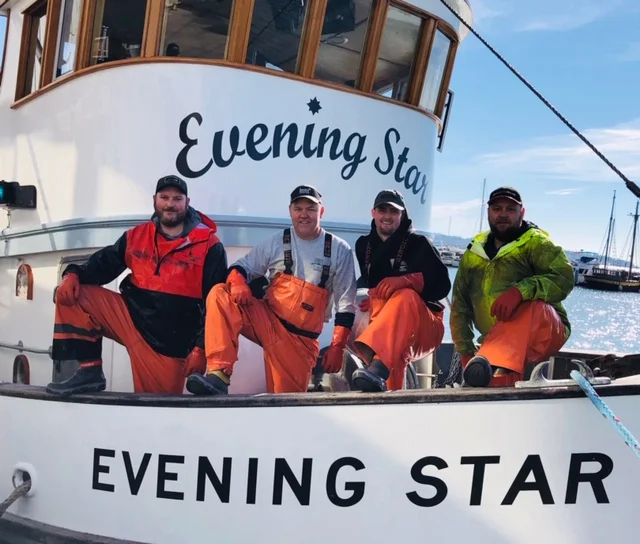The Only Union Advocacy Organization of Fishing Crew and Skippers
FISHERIES MANAGEMENt
Traditionally, the Union has been active in the management of the halibut fishery. We were among the groups that helped to establish the International Pacific Halibut Commission when the need arose in the 1920’s. We have worked for different programs of conservation and fleet management through government and self-regulation. Today, especially since the introduction of the 200-mile limit in 1976, we continue to be active in that process, with long-term productivity as the primary goal.
The Union has also been one of the major forces involved in the takeover of the Alaskan Sablefish resource from the traditionally Japanese fishery. We lobbied strongly for the chance to fish that stock and our boats then proved their ability to catch it.
All fisheries are interrelated. Stocks and fleets of all kinds affect each other. The Union strongly believes in management practices that recognize this fact and that promote the first mandate of the Magnuson Fishery Conservation and Management Act: to harvest fully the available stocks of fish while still conserving the resource for future fishing. Union fishermen are changing from an almost exclusive halibut, multi-species longline fishery into a diversified, fixed gear group. The negotiated compensation and strong partnership with our employers is often emulated but only realized with the Deep Sea Fishermen's Union.
We actively participate in the North Pacific Fishery Management Council (NPFMC) and International Pacific Halibut Commission (IPHC) processes and Executive Director, Jim Johnson, serves on the NPFMC Advisory Panel and the IPHC Management Strategy Advisory Board.
SEt LINE AGREEMENT
Known as the Set Line Agreement, the pact between the Fishing Vessel Owners’ Association and the Union clearly defines the simple and straightforward partnership of owner, skipper, and crew. The settlement procedure has remained essentially the same over the years. Crew share is is based on the fishing and on incentive. First, boat-share is taken from the gross stock, then expenses (such as ice, fuel, bait and groceries), and finally, the crew divides the remainder... negotiated compensation and partnership with our employers that is often emulated but realized with the Deep Sea Fishermen's Union.

